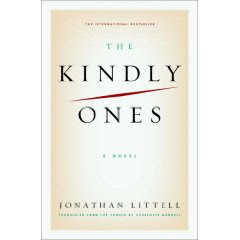Posting a little late in the day this week, but still Sunday in my current timezone! Francesca Kay grew up in South-east Asia and India and has subsequently lived in Jamaica, the United States, Germany and Ireland. She now lives in Oxford with her family and works in British-Irish relations. Her first novel, An Equal Stillness, is a biography of fictional female artist Jennet Mallow, whose life spans the great decades of war, social revolution and personal and artistic liberation. Kay has admitted a great admiration of Barbara Hepworth, who presumably is the inspiration for this work of fiction. The novel has been reviewed widely, and while one or two reviewers have been unconvinced, the consensus appears to be that this is an unusually good first novel from a talented writer. The author should not be confused with the children's poet of the same name.
"Jennet Mallow is born in Yorkshire in the 1920s but her interest in art and creativity alienates her from her family, her father who is a priest, her conventional sister and her emotionally stunted mother. Jennet moves to London in search of a more exciting life and finds it in her new environment and in the handsome and enigmatic figure of the painter David Heaton. When Jennet falls pregnant, her parents more or less force the two to marry. In the postwar austerity of the 1940s, the young couple struggles to make ends meet and Jennet finds that her home life is gradually eroding everything she has fought to achieve. Aware that David is becoming increasingly reliant on drink and tired of the dank and drab bedsit in which they live, Jennet suggests they move to Spain. There, the bright blue skies, warm air and sunlit beaches give the couple and their children a new lease of life. Jennet begins to paint again and an agent takes an interest in her work. But as Jennet's own career begins to take off, her relationship with David sours and the two enter a destructive spiral with tragic consequences."










